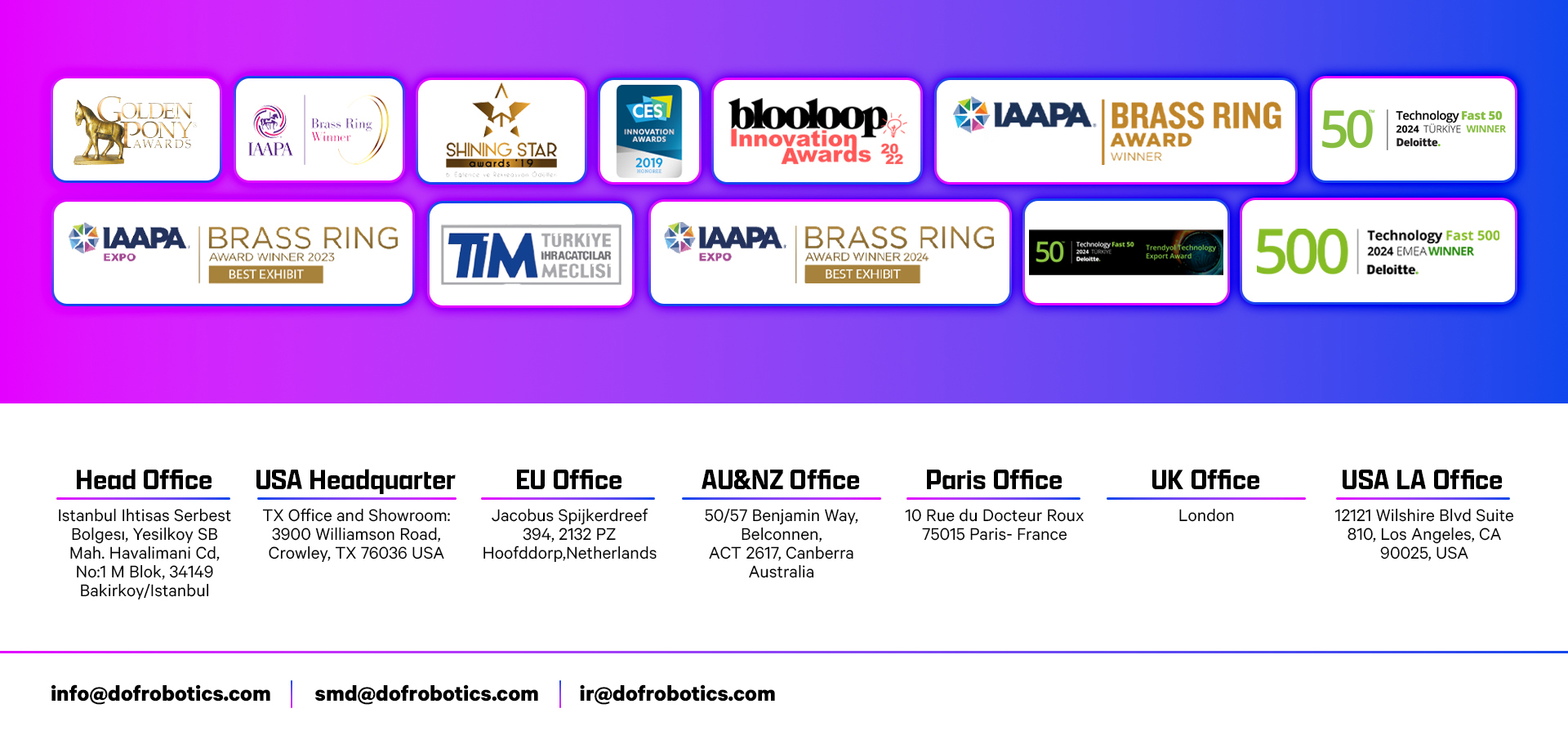What are Theme Parks? Understanding
Their History, Appeal, and Future.
What are Theme Parks? Understanding Their History, Appeal, and Future.
Everybody wants to experience adrenaline at least once in their lives to a certain degree. Theme parks are ubiquitous in modern entertainment culture, providing adrenaline-boosting rides, creative storytelling, and immersive experiences that captivate adults and children alike. Defined, theme parks are large-scale amusement parks where the attractions, rides, shows, and buildings revolve around a central motif or idea, often encapsulating a narrative or theme that stirs the imagination.
The Evolution of Theme Parks:
Understanding the history of theme parks requires delving back into the late 1800s during the era of seaside amusement parks and fairgrounds. However, the concept of ‘theme’ parks was introduced much later. The birth of the modern theme park is credited to Walt Disney who, in the mid-1950s, launched Disneyland in California. Inspired by a lack of unifying themes or suitable entertainment options for adults and children in then-existing amusement parks, Disneyland centered around the narratives of Disney’s animated characters, weaving a story into every ride and attraction.
In the years that followed, Disneyland’s success spurred the growth of similarly themed parks worldwide, including Universal Studios Hollywood, Six Flags, and SeaWorld, each focusing on unique themes, such as Hollywood movies, comic book superheroes, and marine life respectively. The trend expanded globally, with international destinations like Europa Park in Germany, Japan’s Tokyo Disneyland, and Legoland in the United Kingdom.
The Appeal:
But what is it about theme parks that attract millions of visitors each year? For one, they create immersive environments that offer a temporary escape from reality. Whether it is stepping into worlds of fantasy, horror, superheroes, fairy tales, or dinosaurs, theme parks transport visitors to another realm where they can engage in experiences beyond daily routines.
Moreover, many theme parks combine thrill and entertainment with learning opportunities. The wildlife at Animal Kingdom, the science behind Space Mountain in Disneyland, and the cinematic tricks at Universal Studios Hollywood, all provide insights into various fields, making these parks an educational journey.
Lastly, theme parks are a cherished facet of family entertainment – a place where various generations can enjoy and bond together. The combination of rides, shows, dining, and shopping experiences within a single venue also adds to their appeal.
The Future of Theme Parks:
With developments in technologies like virtual and augmented reality, the future of theme parks appears even more exciting. For example, Star Wars: Galaxy’s Edge at Disney parks uses an app to transform visitors’ smartphones into Star Wars datapads, enhancing their personal experience in the Star Wars universe.
Eco-friendly theme parks are another emerging trend, focusing on sustainable practices to reduce environmental impact. Examples include Disneyland Paris which is slated to be powered by renewable energy by 2023, and the conceptualization of bio parks, offering interactive exhibits on conservation, ecosystems, and biodiversity.
Beyond technical advancements, theme parks have recognized diversification as a path to the future. Bridging cultural differences, these parks are increasingly integrating global influences into their attractions. As seen with Epcot’s World Showcase at Walt Disney World, various cultural heritages are celebrated, fostering a culturally enriching experience for visitors.
In conclusion, theme parks are more than mere entertainment hubs. They are pillars of contemporary popular culture that have evolved drastically since their inception, and judging by their continuing popularity and progress, remain poised for further growth and transformation. As these parks continue to augment their immersive experiences with technological innovations, sustainability initiatives, and diversified attractions, the future of theme parks portends an even more exciting era of enjoyment, education, and cultural exchange.
The economy of theme parks
Additionally, theme parks also play a significant role in local economies and tourism. They create numerous jobs, help enhance infrastructural development, and contribute to revenue generation for cities and countries. According to the International Association of Amusement Parks and Attractions, the industry contributes approximately $219 billion in economic impact globally per annum. Moreover, theme parks often become iconic landmarks — consider Disneyland in California, the Eiffel Tower ride in Kings Dominion, Virginia, or the famed Cinderella Castle in Tokyo Disneyland. These landmarks draw tourists worldwide, promoting global interaction and cultural exchange. Hence, these lively, imaginative spaces hold intrinsic societal and economic value, underlining their multifaceted importance beyond mere amusement.





